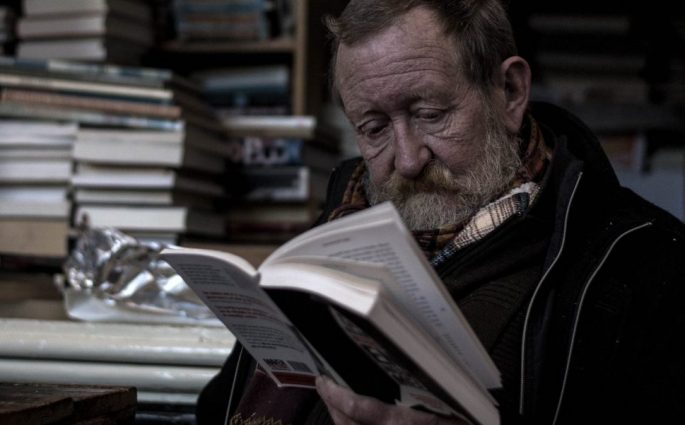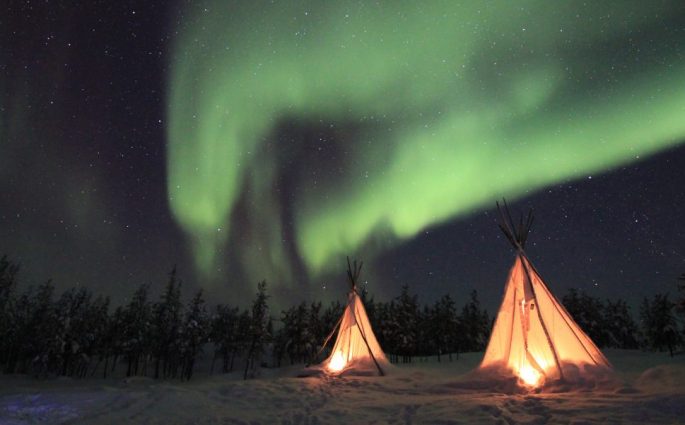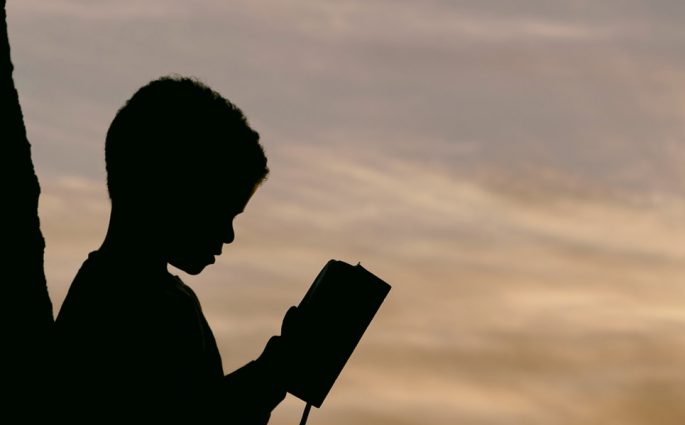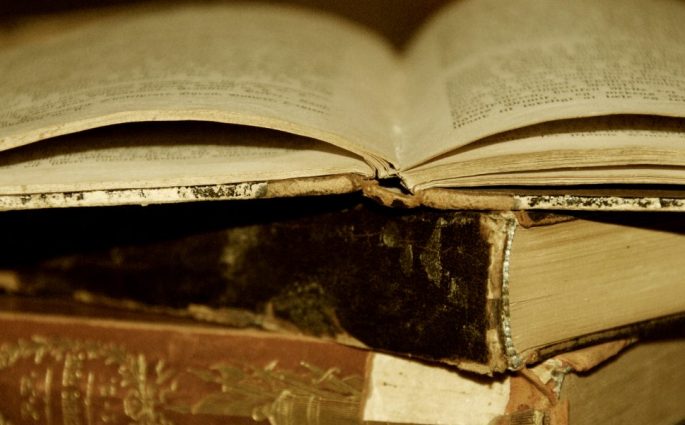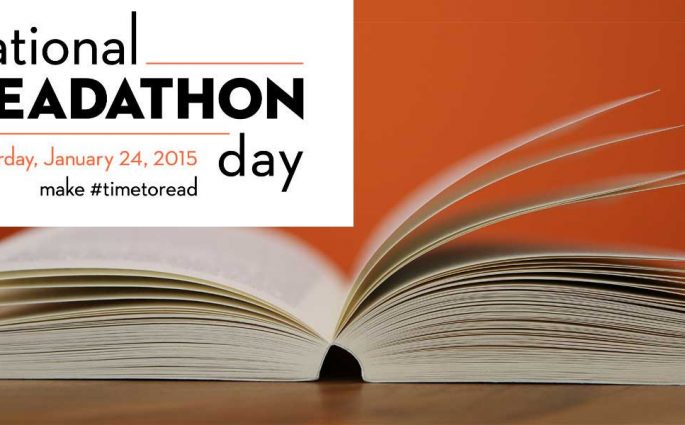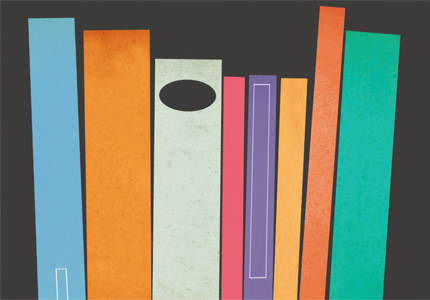The Difference Between Fact and Fiction in the British Working Classes
Jonathan Rose— Hanoverian Britain had its counterpart of the Bibliothèque bleue—chapbooks offering romances, fairy tales, and other fantastic stories. And a few of their readers, in memoirs, helpfully explained how they read them. As a boy, the poet John Clare (b. 1793) consumed 6d. (sixpence) romances of Cinderella and Jack and























